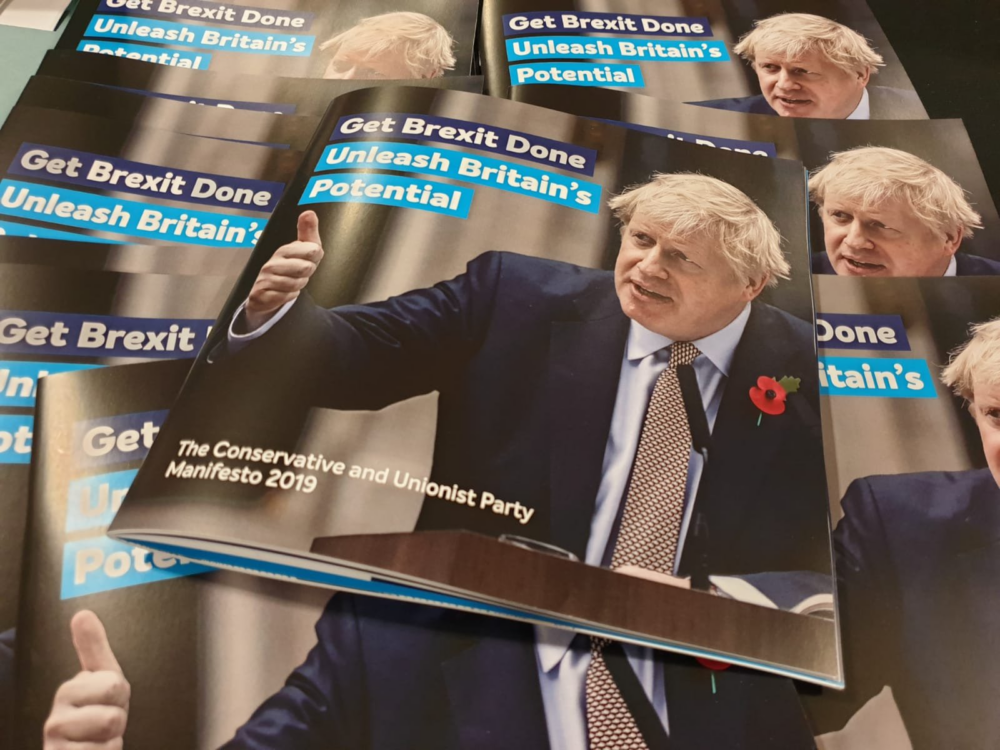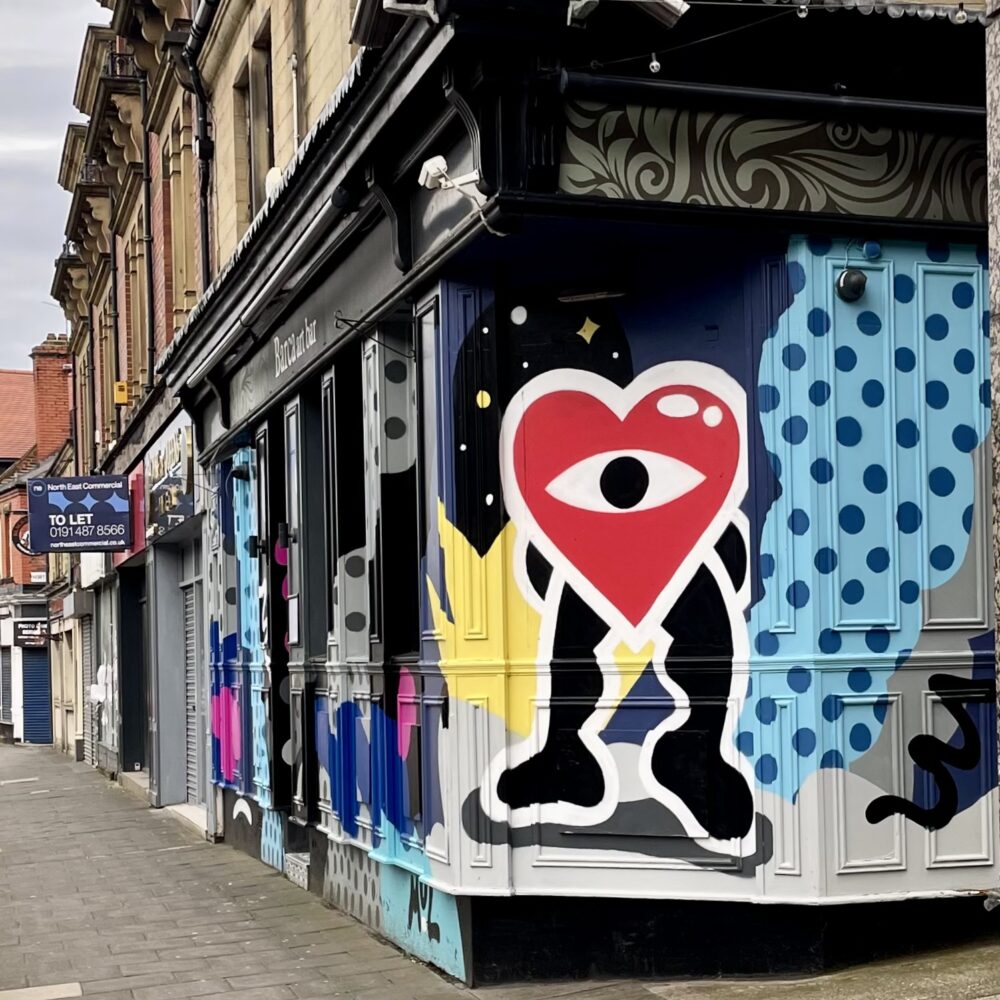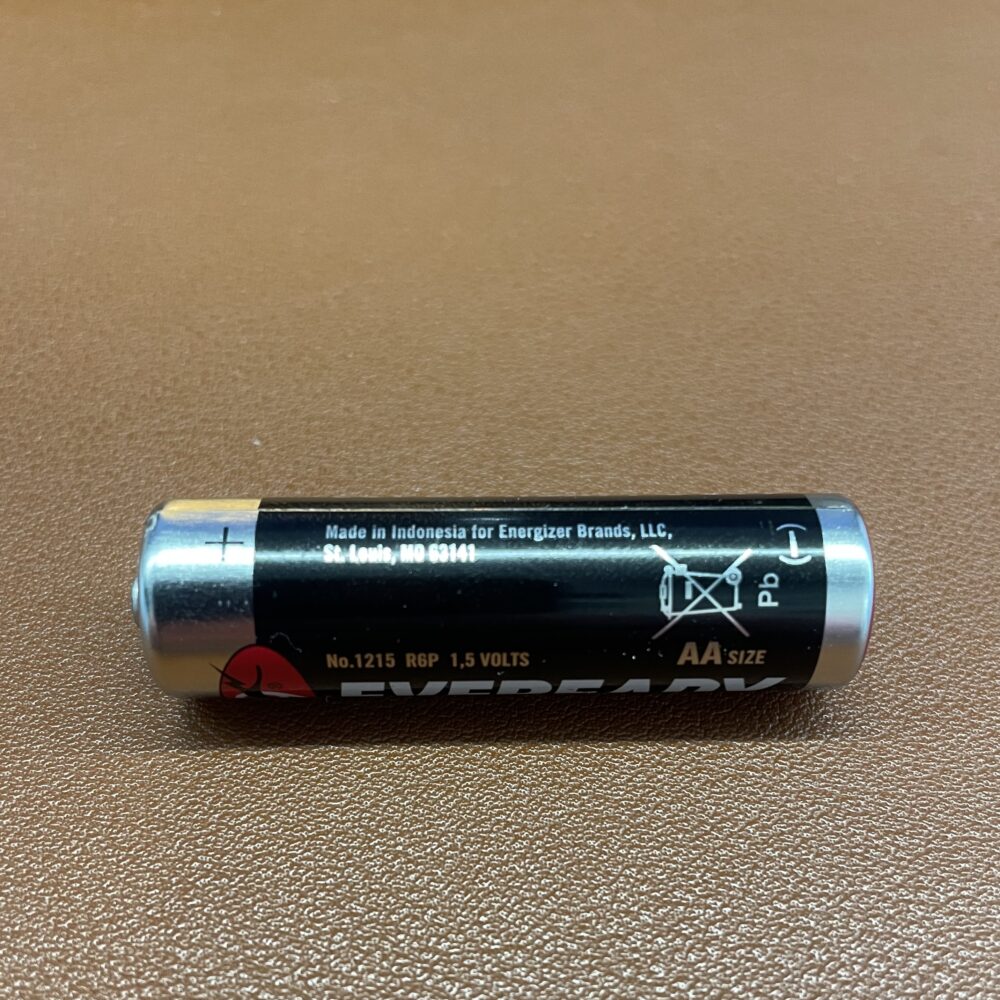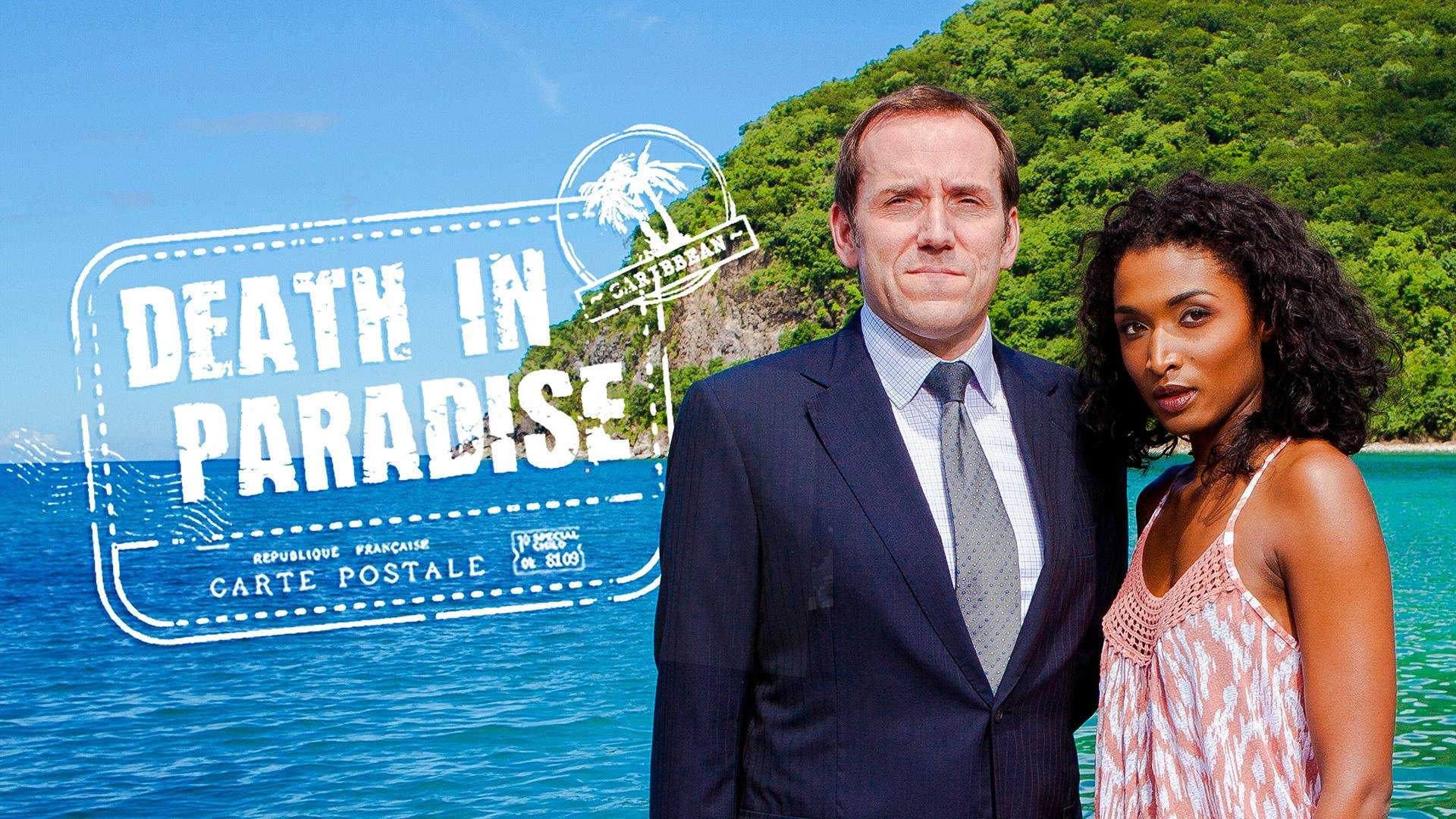272 words posted by Simon on 15 April 2024
On the front page of yesterday’s Sunday Telegraph, a Conservative source is quoted as saying:
The Government was democratically elected on a mandate to stop small boat crossings. It is a fundamental threat to our democracy if an unelected overseas court is stopping that delivery and leaving the European Court of Human Rights must be on the table if it is the only option to uphold that promise to the British people.
Small boat crossings weren’t mentioned in the Conservative Party’s last election manifesto, so I’m not sure where that mandate came from.
The phrase ‘get Brexit done’ appeared an astonishing thirty-three times. Jeremy Corbyn received thirteen mentions—his plans were a ‘recipe for chaos’, something we can hardly claim to have avoided. Even the phrase ‘We love Boris’ appeared once—the clownish egotism promised by its inclusion was delivered in buckets.
Migrants crossing the English Channel, however, didn’t make the cut. For what it’s worth, small boats in the Mediterranean were mentioned in Labour’s manifesto, even if they weren’t on Conservatives’ minds.
On the other hand, human rights made six appearances in the Conservatives’ 2019 manifesto, including this committment:
Getting Brexit done will allow us to do more on the international stage. We will continue to be an outward-looking country that is a champion of human rights.
Threatening withdrawal from the world’s most effective international court on human rights would be a peculiar approach to keeping this promise.
Things have reached a pretty pass when a Government seeking re-election can’t accurately recall what it promised last time around.
The image at the top of this post was generated by DALL·E 3.







